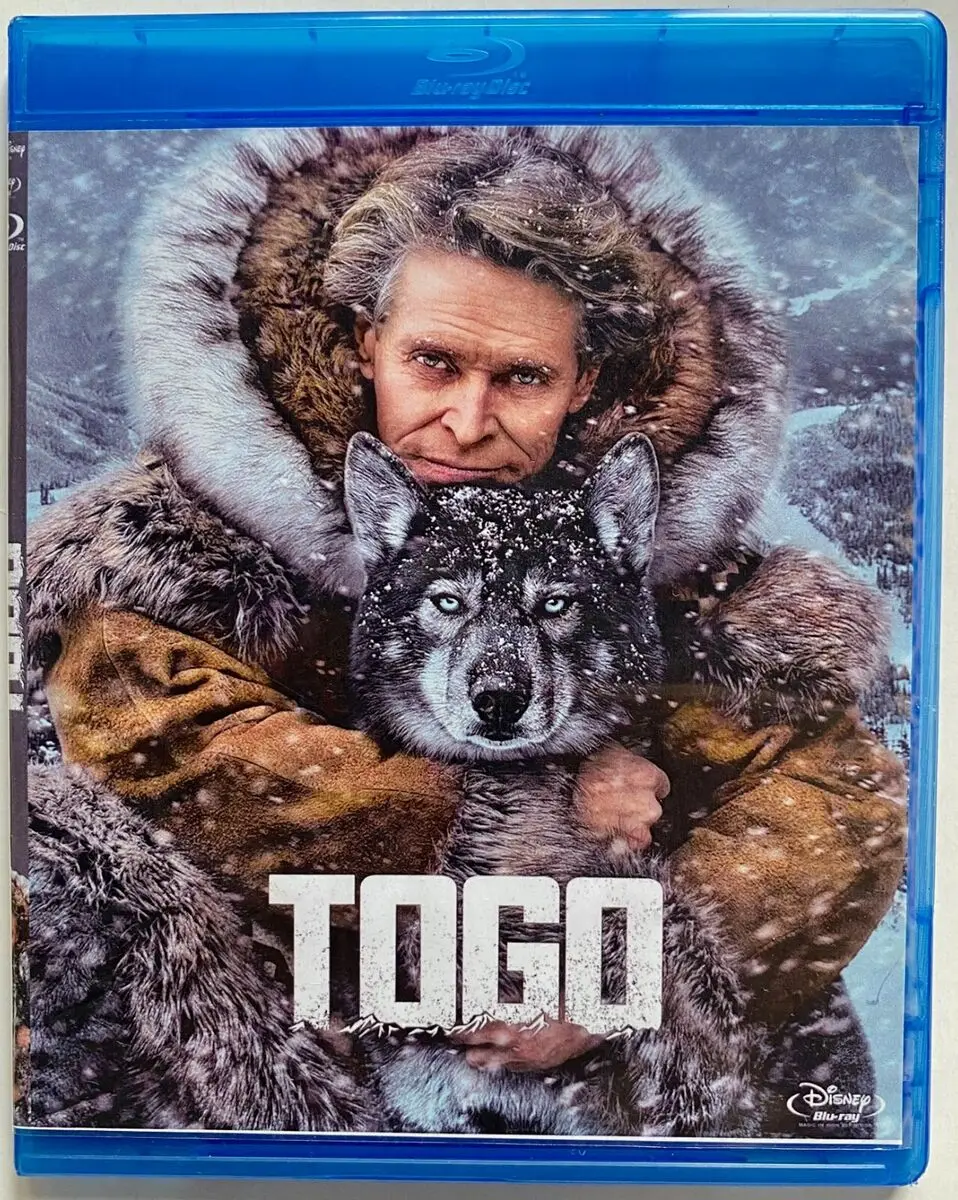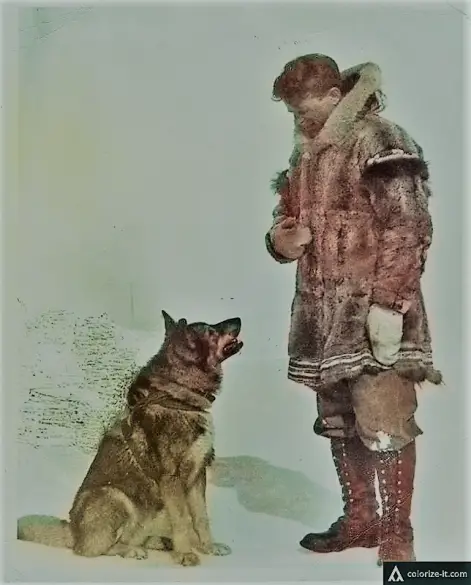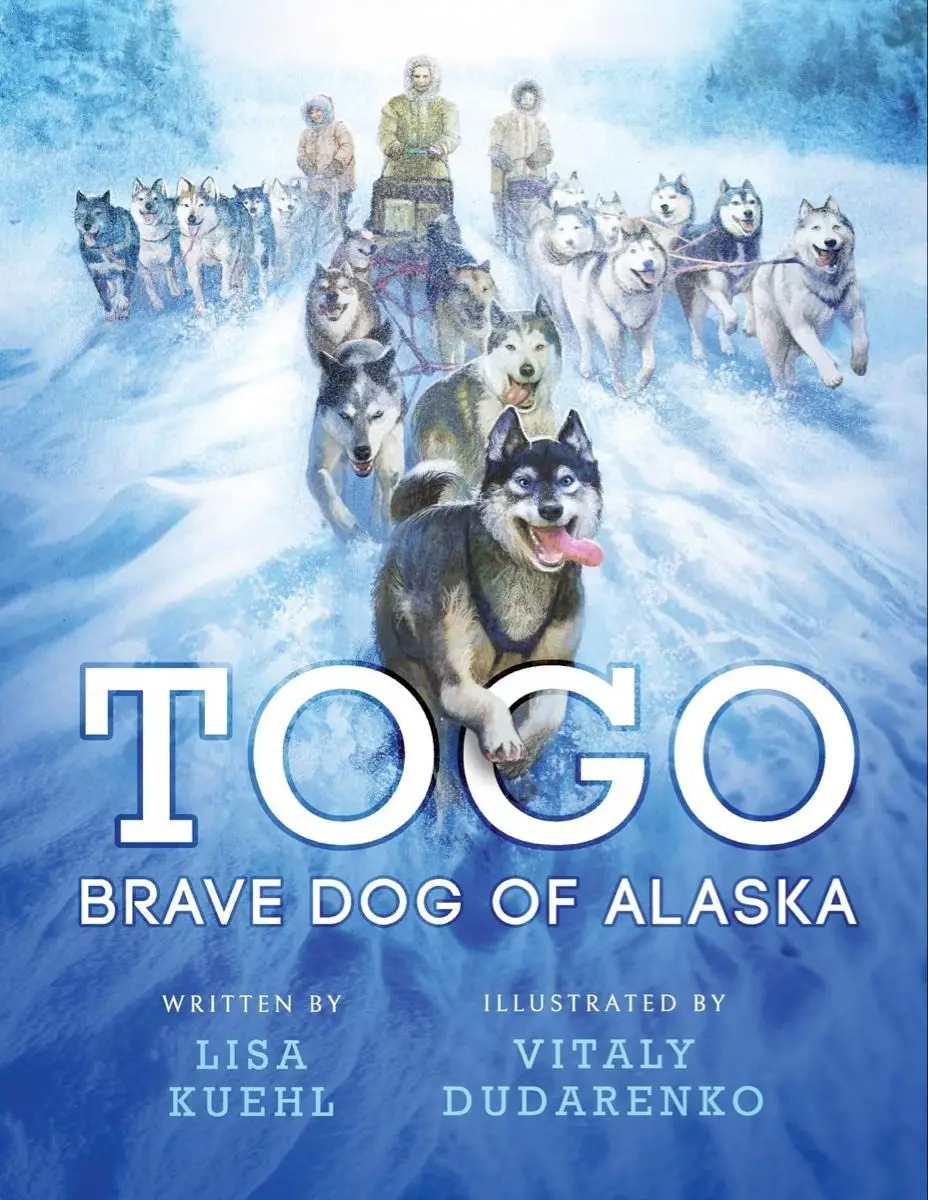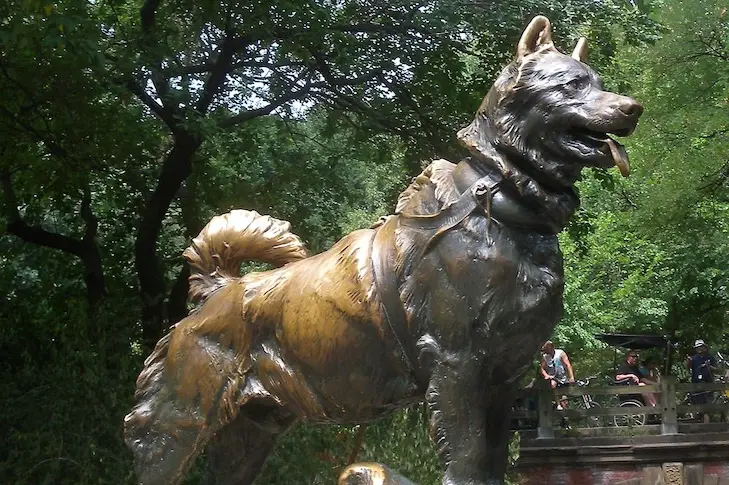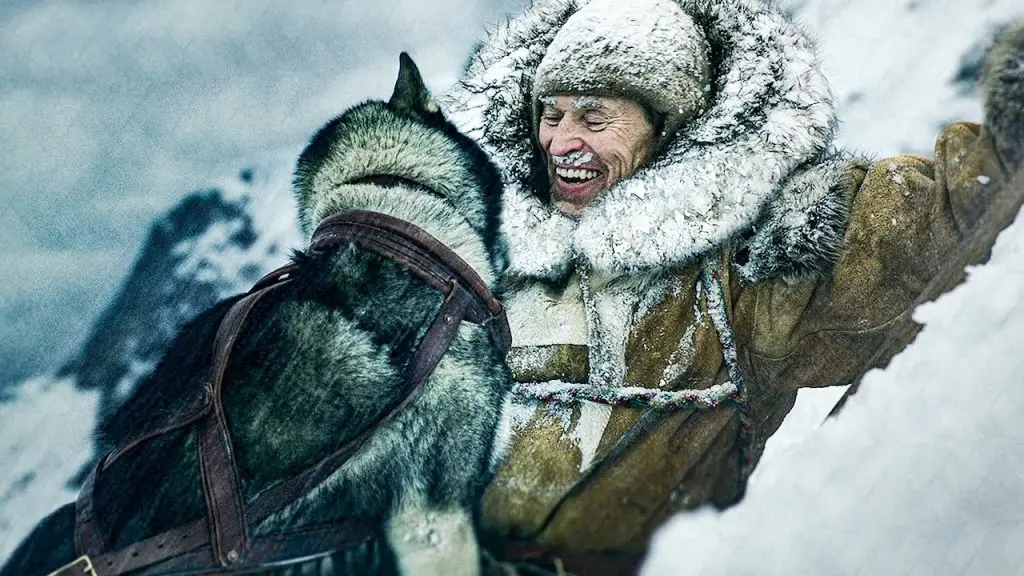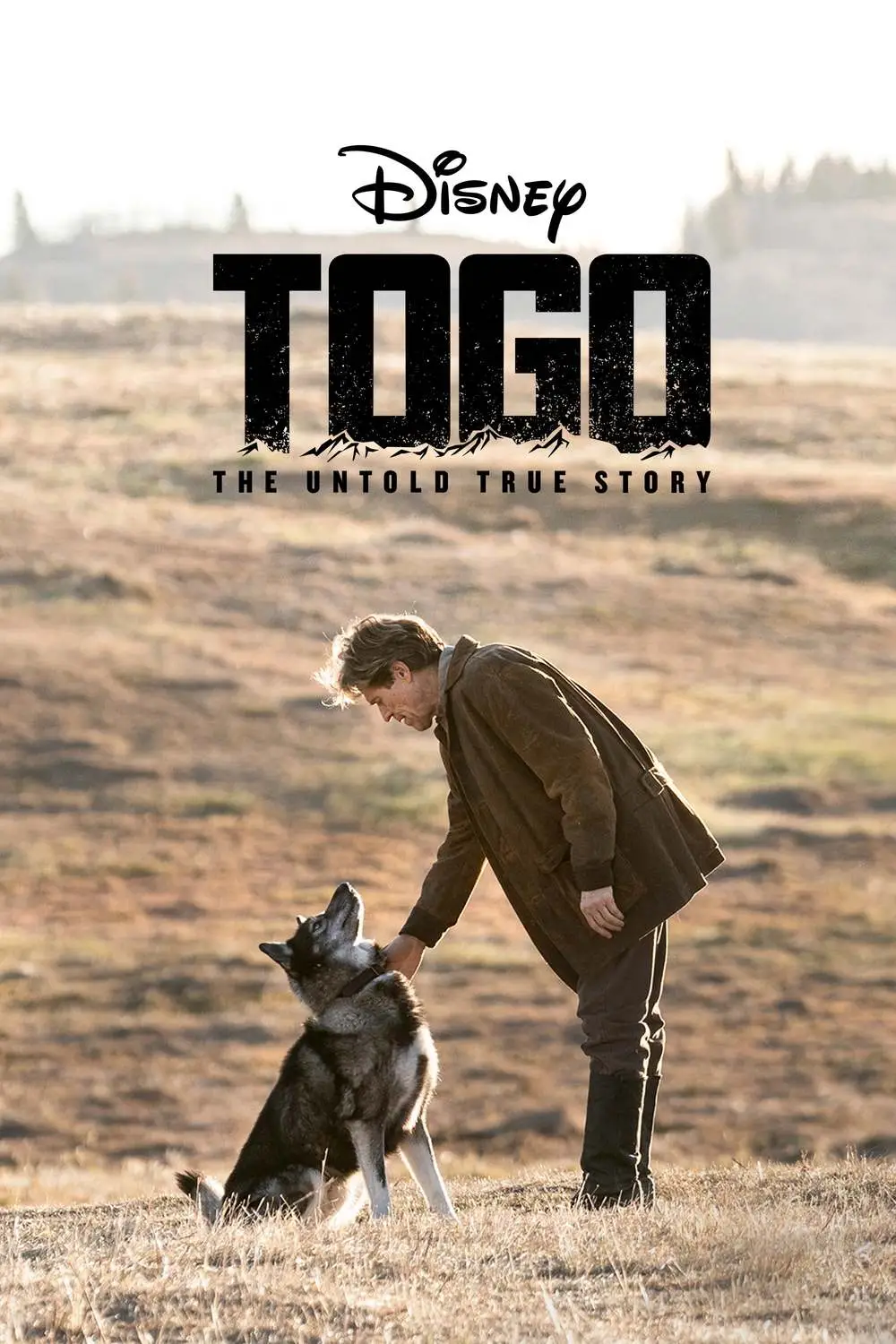The True Story of Togo History, Culture, and Struggle for Independence

Togo, a small West African country, may not be well known to many people around the world, but it has a rich and complex history. From its colonization by European powers, to its struggle for independence, and its current political and social climate, Togo has faced many challenges and overcome them with resilience. In this blog post, we will delve into the true story of Togo, exploring its history, culture, and its fight for freedom and progress.
Togo, officially known as the Togolese Republic, is a country located in West Africa. It shares borders with Ghana, Benin, and Burkina Faso, and has a coastline on the Gulf of Guinea. Togo gained independence from France in 1960 and has since then experienced periods of political instability and economic challenges. Despite these obstacles, the Togolese people have maintained their strong cultural identity and have made significant progress in developing their country. In this blog post, we will explore the true story of Togo, looking at its past, present, and future.
True Story of Togo
The history of Togo can be traced back to ancient times, with archaeological evidence suggesting human presence in the region dating back to the 11th century. However, the modern history of Togo begins with European exploration and colonization.
Colonization by European Powers
In the late 15th century, Portuguese explorers arrived in what is now known as Togo, followed by the Dutch, British, and Danes. In the late 19th century, the region was divided into German Togoland and British Togoland, with the Germans controlling the larger portion. During this time, Togo became an important center for the slave trade, with thousands of people being taken from the region to the Americas.
In 1914, Germany lost control of Togo to France and the British, who divided it into two regions – French Togoland and British Togoland. After World War I, the League of Nations granted the French control over both regions, effectively making Togo a French colony.
Struggle for Independence
As with many other African countries, the struggle for independence in Togo began in the 1950s. The Togolese people were inspired by neighboring Ghana’s successful fight for independence, led by Kwame Nkrumah. In 1960, Togo officially gained its independence from France, with Sylvanus Olympio becoming the country’s first president.
However, the years following independence were marked by political turmoil, including a military coup in 1963 which resulted in the assassination of President Olympio. This was followed by several more coups and changes in government, until Eyadema Gnassingbe seized power in 1967 and ruled as a dictator for the next 38 years.
The True Story of Balto and Togo – Heroes of the Iditarod Race
Culture and Traditions
Togo is home to a diverse range of cultures and traditions, influenced by its history of colonization and trade. The two main ethnic groups in Togo are the Ewe and the Kabye, each with their own distinct cultural practices and languages. Despite this diversity, there are some common cultural traditions that are shared by all Togolese people.
Religion and Beliefs
The majority of Togolese people practice Christianity or Islam, with traditional African beliefs also playing a significant role in society. These traditional beliefs center on animism, the belief that spirits exist within everything in nature. Many Togolese people incorporate both traditional and modern religious beliefs into their daily lives.
Festivals and Celebrations
Togolese people love to celebrate, and the country is known for its vibrant and colorful festivals. One of the most popular festivals is the Epe Ekpe, which takes place in the capital city of Lomé. It is a celebration of the Ewe people’s cultural heritage and includes traditional dances, music, and rituals.
Another important festival in Togo is the Evala, celebrated by the Kabye people. It is a week-long event that involves wrestling competitions, showcasing the strength and agility of young men in the community. The festival also includes traditional ceremonies and rituals, symbolizing the passage from boyhood to manhood.
Traditional Cuisine
Togolese cuisine is heavily influenced by its West African neighbors, with staple foods including yams, cassava, and maize. One popular dish is foutou, made from mashed boiled plantains and served with a spicy sauce. Another traditional dish is akoume, a fermented corn flour porridge commonly eaten for breakfast.
The Struggle for Independence
The fight for independence in Togo was not an easy one, with many obstacles and challenges along the way. However, the Togolese people showed great resilience and determination in their quest for freedom and self-governance.
Key Figures in the Independence Movement
Several individuals played crucial roles in the struggle for independence in Togo. These include Sylvanus Olympio, the country’s first president who led the negotiations for independence with France. Prime Minister Nicolas Grunitzky also played a significant role in pushing for Togo’s independence, and he later became president after Olympio’s assassination.
Other key figures in the fight for independence include Emmanuel Bodjollé, Antoine Meatchi, and Gilchrist Olympio, Sylvanus Olympio’s son, who continues his father’s legacy as a prominent opposition figure in Togo.
The Impact of Colonialism on Togo’s Independence
The legacy of colonialism had a significant impact on Togo’s struggle for independence. Under French rule, the country’s resources were exploited, and the Togolese people were subject to forced labor and other forms of oppression. This laid the groundwork for the resentment and desire for independence that fueled the movement.
Additionally, the arbitrary division of the country into artificial borders by European powers resulted in tensions between different ethnic groups, making it difficult to create a unified resistance against colonial rule.
Political Climate in Togo
Togo’s political climate is complex and has been shaped by its history of colonization and struggle for independence. While the country officially became a multiparty democracy in 1991, there have been allegations of electoral fraud and human rights violations in recent years.
The Reign of President Gnassingbe Eyadema
After seizing power in a military coup in 1967, President Eyadema ruled as a dictator until his death in 2005. During this time, many opposition leaders were imprisoned or exiled, and there were reports of widespread corruption and human rights abuses.
Following his death, Eyadema’s son Faure Gnassingbe was handpicked by the military to succeed him, sparking widespread protests and condemnation from the international community. However, Gnassingbe managed to maintain his hold on power through elections, winning four successive terms.
Current Political Climate
In recent years, there have been protests against President Gnassingbe’s rule, with opposition parties accusing him of electoral fraud and calling for constitutional reforms. In 2017, a series of demonstrations erupted across the country, leading to clashes between protesters and security forces.
In an attempt to ease tensions, President Gnassingbe announced a series of reforms, including term limits for the presidency and allowing the diaspora to vote in elections. However, these reforms have been met with skepticism by opposition parties, who continue to call for a change in leadership.
Economic Development
Despite facing challenges in its political climate, Togo has made significant progress in developing its economy in recent years. The country’s GDP has been steadily growing, and there have been efforts to diversify its economy beyond agriculture and mining.
Agriculture
Agriculture is the backbone of Togo’s economy, accounting for nearly 40% of the country’s GDP and employing a majority of the population. The main crops produced include coffee, cocoa, cotton, and palm oil, which are major exports for the country. However, there have been efforts to move away from traditional cash crops and focus on developing the agricultural sector to produce more value-added products.
Mining
Togo is rich in mineral resources, including phosphate, iron ore, and gold. These resources have the potential to boost the country’s economy, but their exploitation has faced criticism for not benefitting the local population. There have been calls for the government to ensure that mining companies adhere to environmental and social regulations and to invest in infrastructure and social programs in mining communities.
Infrastructure Development
Infrastructure development is a key area of focus for the Togolese government, with investments made in improving roads, ports, and energy supply. In 2020, Togo opened a new deep-sea port, which is expected to boost trade and economic growth in the region. There have also been efforts to develop renewable energy sources, such as solar and hydroelectric power, to reduce the country’s dependency on fossil fuels.
Social Issues and Human Rights
Despite making progress in developing its economy, Togo still faces many social challenges, including poverty, access to education and healthcare, and human rights abuses.
Poverty
According to the World Bank, nearly 55% of Togo’s population lives below the poverty line. Poverty is most prevalent in rural areas, where access to education and healthcare is limited. Efforts have been made to address this issue, including the implementation of social safety net programs and investments in agriculture to improve food security.
Education and Healthcare
Access to education and healthcare is a challenge for many Togolese people, particularly those living in rural areas. According to UNICEF, nearly one in five children in Togo are out of school, with girls being disproportionately affected. There have been efforts to improve access to education, including building schools and promoting policies that encourage girls’ enrollment.
Similarly, access to quality healthcare is limited, especially in remote areas. In recent years, the government has made progress in increasing access to healthcare, but more needs to be done, particularly in maternal and child health and addressing communicable diseases such as malaria.
Human Rights Abuses
Togo has faced criticism from international human rights organizations for alleged violations, including arbitrary arrests, torture, and restrictions on freedom of speech and assembly. While some progress has been made in improving the human rights situation in Togo, there is still a need for greater transparency and respect for human rights by the government.
Natural Resources and Environmental Concerns
Like many other developing countries, Togo’s natural resources and environment face challenges due to its economic development. The exploitation of mineral resources and deforestation are major concerns, along with the impact of climate change on the country’s vulnerable population.
Deforestation and Biodiversity Loss
Deforestation is a significant problem in Togo, with over 70% of the country’s forests lost since the 1990s. This loss of forest cover has led to soil erosion, loss of biodiversity, and increased carbon emissions. To combat this issue, the government has implemented reforestation programs and initiatives to promote sustainable use of forest resources.
Mineral Extraction and Pollution
The extraction of minerals, particularly phosphate, has resulted in pollution of water sources and farmlands, affecting the health of local communities. There have been calls for stricter regulations to ensure responsible extraction of minerals and proper disposal of waste products.
Climate Change
Togo is one of the countries most vulnerable to the effects of climate change, with rising temperatures, droughts, and flooding affecting its population. The country has made efforts to address this issue, including implementing a national climate change strategy and promoting renewable energy sources.
Togolese Cuisine and Music
No exploration of Togo would be complete without mentioning its vibrant cuisine and music. Like its culture, Togolese cuisine is a fusion of African and European influences, resulting in a diverse range of dishes and flavors.
Some popular dishes in Togo include fufu, a dough made from cassava or yams, served with a variety of stews and sauces. Another favorite is kedjenou, a chicken dish cooked with vegetables and spices and served with rice or fonio, a type of grain commonly eaten in West Africa.
In terms of music, Togo is renowned for its traditional rhythms and dances, which have influenced many other genres in the region. Some popular musicians from Togo include Bella Bellow, King Mensah, and Angelique Kidjo, who have gained international recognition for their unique sound and powerful messages.
Conclusion: A True Story of Resilience and Hope
In conclusion, the true story of Togo is one of resilience and hope. From its history of colonization and struggle for independence, to its current challenges and achievements, Togo and its people have faced many obstacles but have managed to overcome them with determination and perseverance.
As the country continues on its journey towards progress and development, it is vital that the government and its people work together to address social issues, promote human rights, and protect the environment. By learning from its past and embracing its rich cultural heritage, Togo can continue to tell its inspiring and unique story to the world.
The Extraordinary Story of Balto and Togo: A Narrative of Bravery and Perseverance

